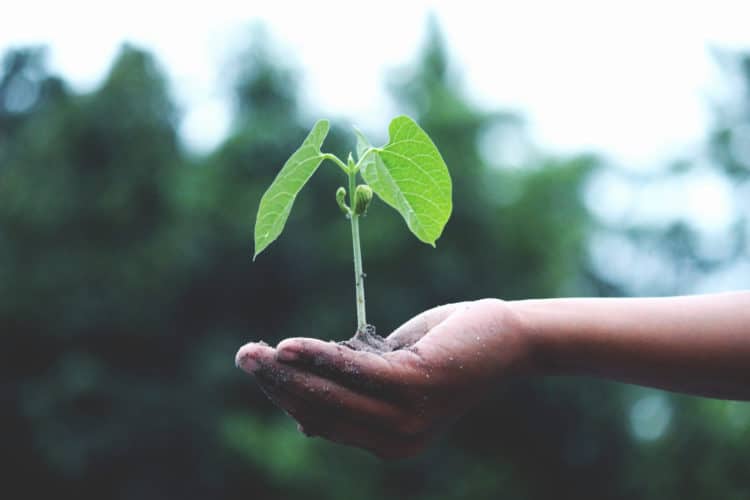The number of global companies obtaining independent assurance on their ESG information increased from 51% to 58% in 2020, compared to the previous year, said the International Federation of Accountants (IFAC) recently.
When it comes to ESG assurance, 82% of engagements were limited in scope in 2020, essentially the same as in 2019 (83%), according to a joint study by IFAC, American Institute of CPAs (AICPA) and Chartered Institute of Management Accountants (CIMA) that reviewed data from 1,400 global companies from the G20 nations plus Hong Kong and Singapore.
Study highlights
- Some 61% of assurance engagements were performed by audit firms on a global basis, a slight decline from the previous year (63%). Jurisdictions with some of the highest rates of assurance performed by professional accountants include Australia, France, Italy, Germany and Spain.
- In other countries, including South Korea, the United Kingdom and the United States, most assurance engagements are conducted by service providers outside of the accountancy profession.
- Professional accountants have high professional standards, including independence, and are subject to regulatory oversight, which is critical in this space.
- On the reporting side, the study found 92% of global companies provided some ESG data to investors, either through integrated, annual or standalone reports.
- The use of, or reference to, Sustainability Accounting Standards Board (SASB) standards more than doubled in 2020. This is important because new disclosure proposals from the International Sustainability Standards Board (ISSB) include and build upon SASB standards. (SASB’s parent organisation, The Value Reporting Foundation, will consolidate into the IFRS Foundation on Aug. 1, 2022, to support the work of the ISSB.)
While it’s encouraging to see continued high levels of reporting on sustainability information and an overall increase in assurance globally, the study tells us that 80% of companies are using multiple frameworks or standards, which results in data that is not consistent, comparable or decision-useful for investors, stakeholders or society at large, said IFAC CEO Kevin Dancey.
“Sustainability reporting and assurance will only reach its full potential when it is based on a harmonised global system led by the International Sustainability Standards Board’s comprehensive baseline of disclosure,” he noted.
The 2020 study data also shows 89% of companies presented at least some information in each of four categories: greenhouse gasses, other environmental factors, social and governance. IFAC pointed out.
Yet only 43% provided assurance for all four categories, the organisation said, adding that the most common area for independent assurance was greenhouse gases (95%).
In addition, 70% of global companies that engaged a professional accounting firm to perform the ESG assurance engagement chose the firm that audits their financial statements, IFAC observed.




